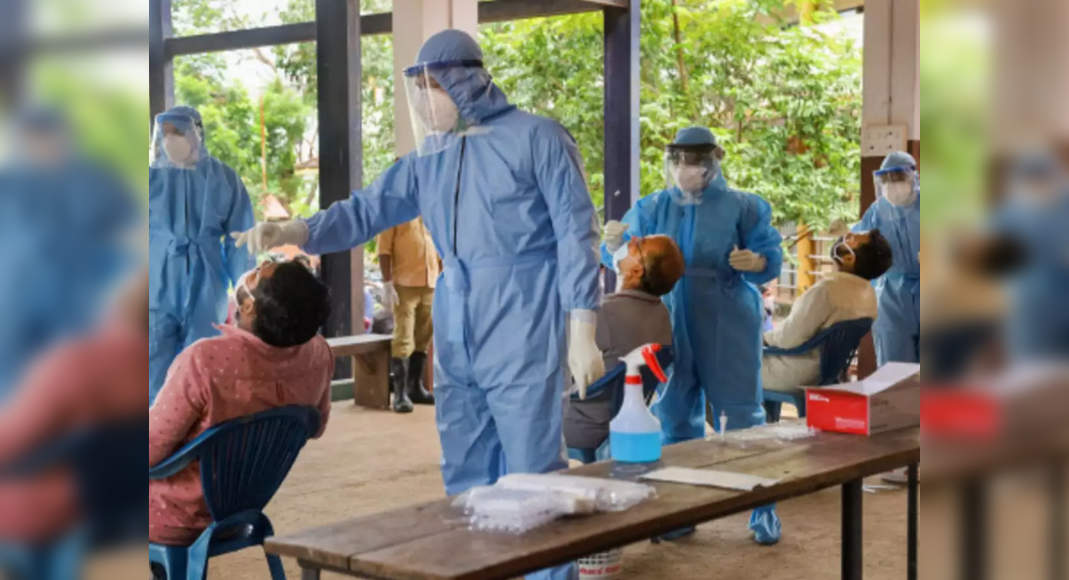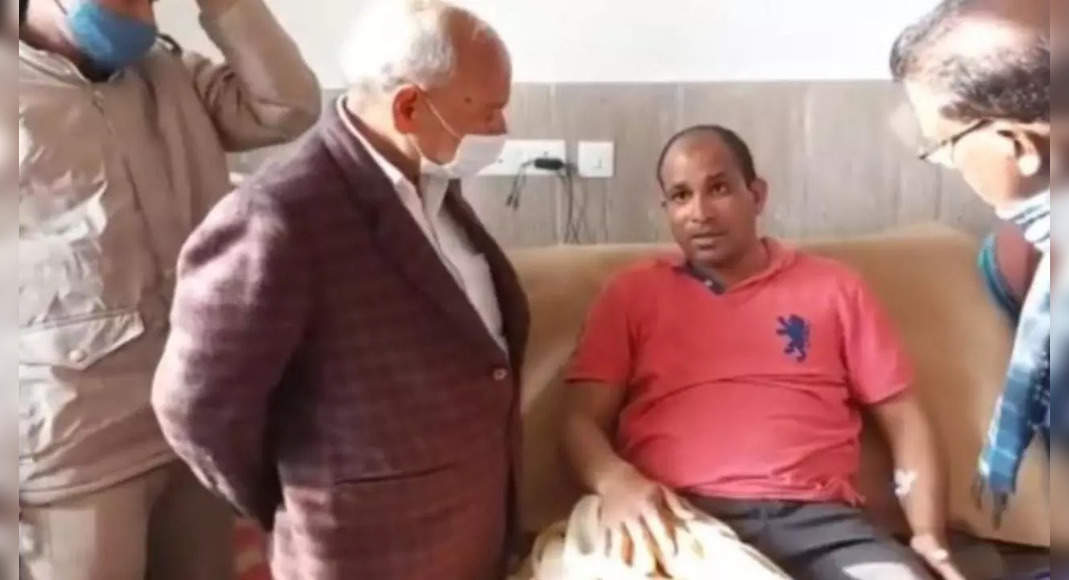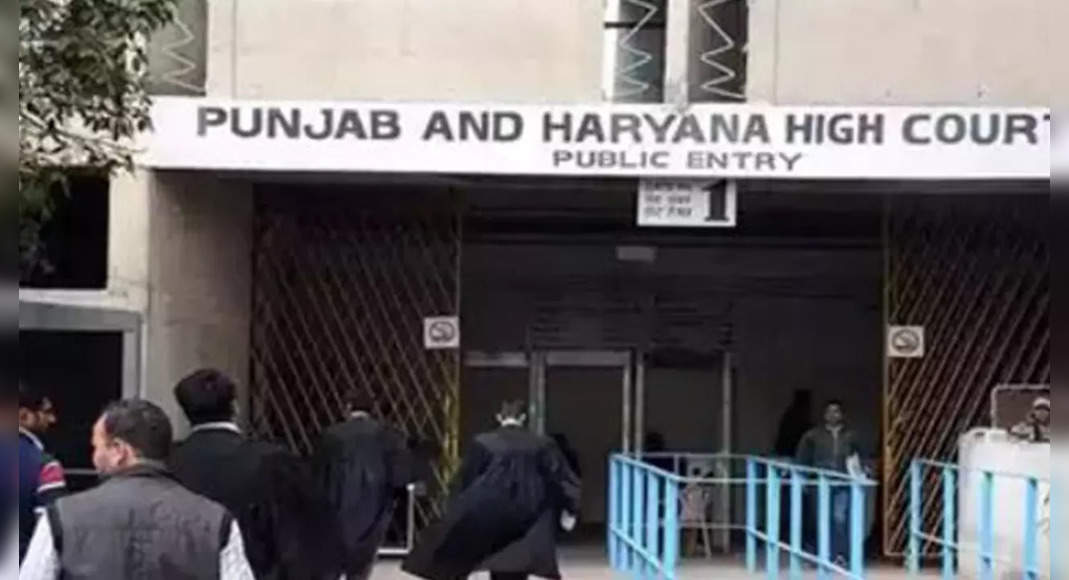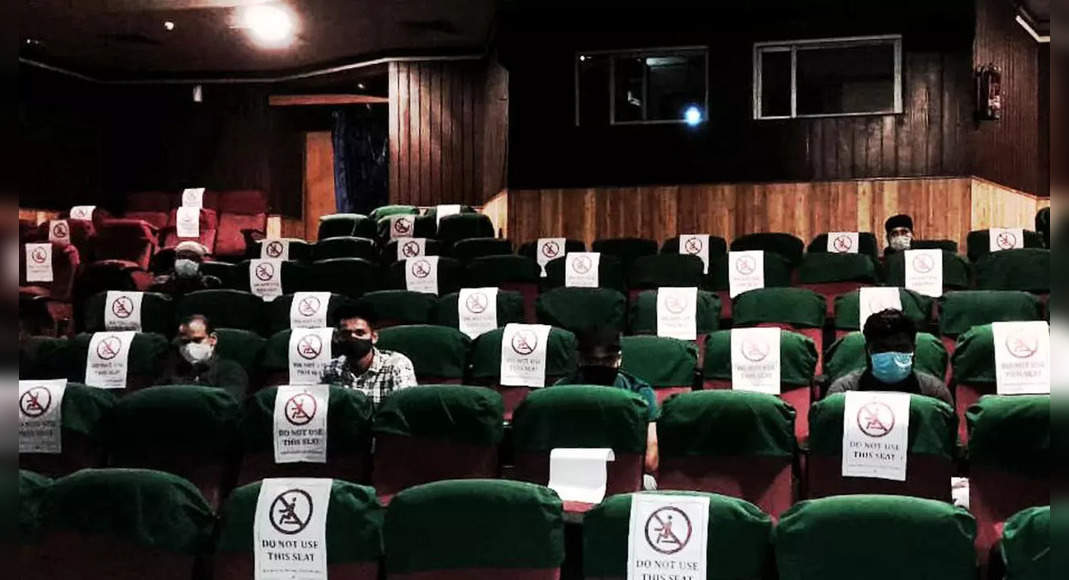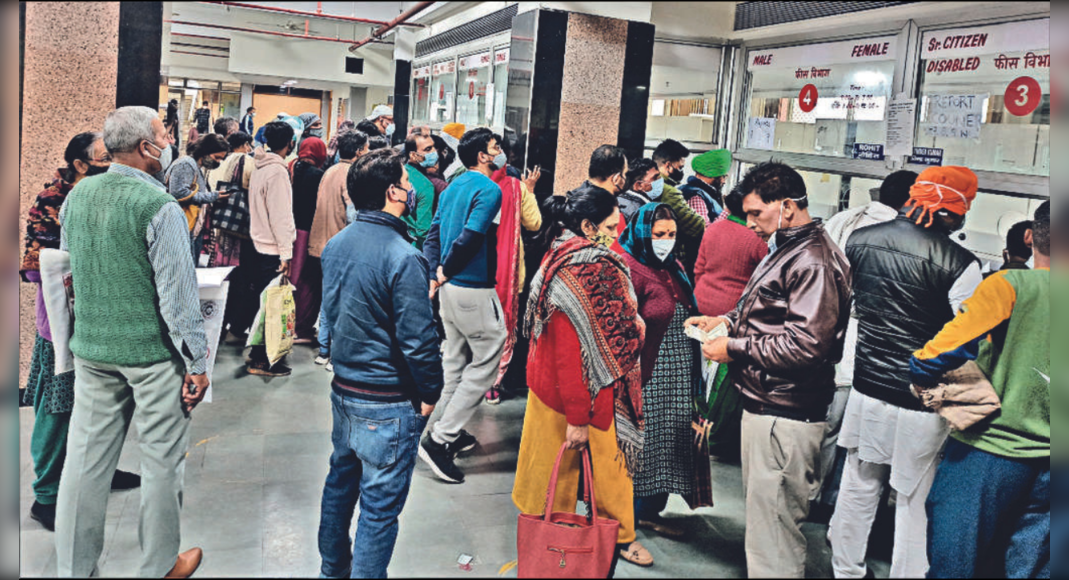CHANDIGARH: For timely detection and isolation of infected people during the second wave of Covid-19, Punjab turned to faster but less accurate rapid testing method.
The proportion of rapid antigen tests in the overall number of tests in the state has come close to the daily count of the reverse transcription polymerase chain reaction (RT-PCR) tests.
Punjab on average conducted 65,635 tests per day in May, the highest since the beginning of the pandemic.
Of these more than 40% were tested using rapid antigen tests (RAT).
Earlier, the share of RAT in states overall testing was around 10%.
The use of rapid testing method was earlier confined only to containment zones, but during the second wave it came to be used in all situations, including contacts of positive cases.
During the recently concluded special screening drive in villages across the state, all the symptomatic people were tested using RAT.
The analysis of the data of recent days, there have been days when the number of RAT tests superseded the number of RT-PCR tests.
On June 9, about 59,000 tests were done, of which over 28,000 and over 29,000 tests were conducted RAT and RT-PCR methods respectively.
Similarly on June 7, over 20,000 RT-PCR tests were done and around 30,000 RAT.
The count of antigen testing was also more than RT-PCR on June 3, June 4 and June 5.
Rapid antigen tests can give results in 15-20 minutes with an accuracy of about 70%, having the possibility of throwing more false negatives, while results of RTPCR, which is considered as a gold standard in the diagnosis of Covid-19 are processed in 24 hours.
As a result, a wide variation in the positivity rate in both the tests has been observed.
On June 9, the collective positivity rate of the state stood at 2.4%.
Of total people tested using RT-PCR, 4.1% were found infected, while results of only 1% samples came positive in case of antigen testing.
A day before, the result of 3.3% people tested using RT-PCR came out positive, while 1.4% tested with rapid kits were found positive.
Similarly, on June 7, the daily positivity rate of rapid kit was 1.1% against 4.7%, of people tested with conventional tests found infected with the virus.
Punjab’s Covid-19 nodal officer Dr Rajesh Bhaskar said the screening of the population for timely detection of coronavirus-positive patients holds the key to contain the spread of the pandemic.
“For containment, timely detection and isolation of infected people is important.
As the results of RT-PCR are processed in about 24 hours, the rapid testing method helps in expediting the process,” he said.

